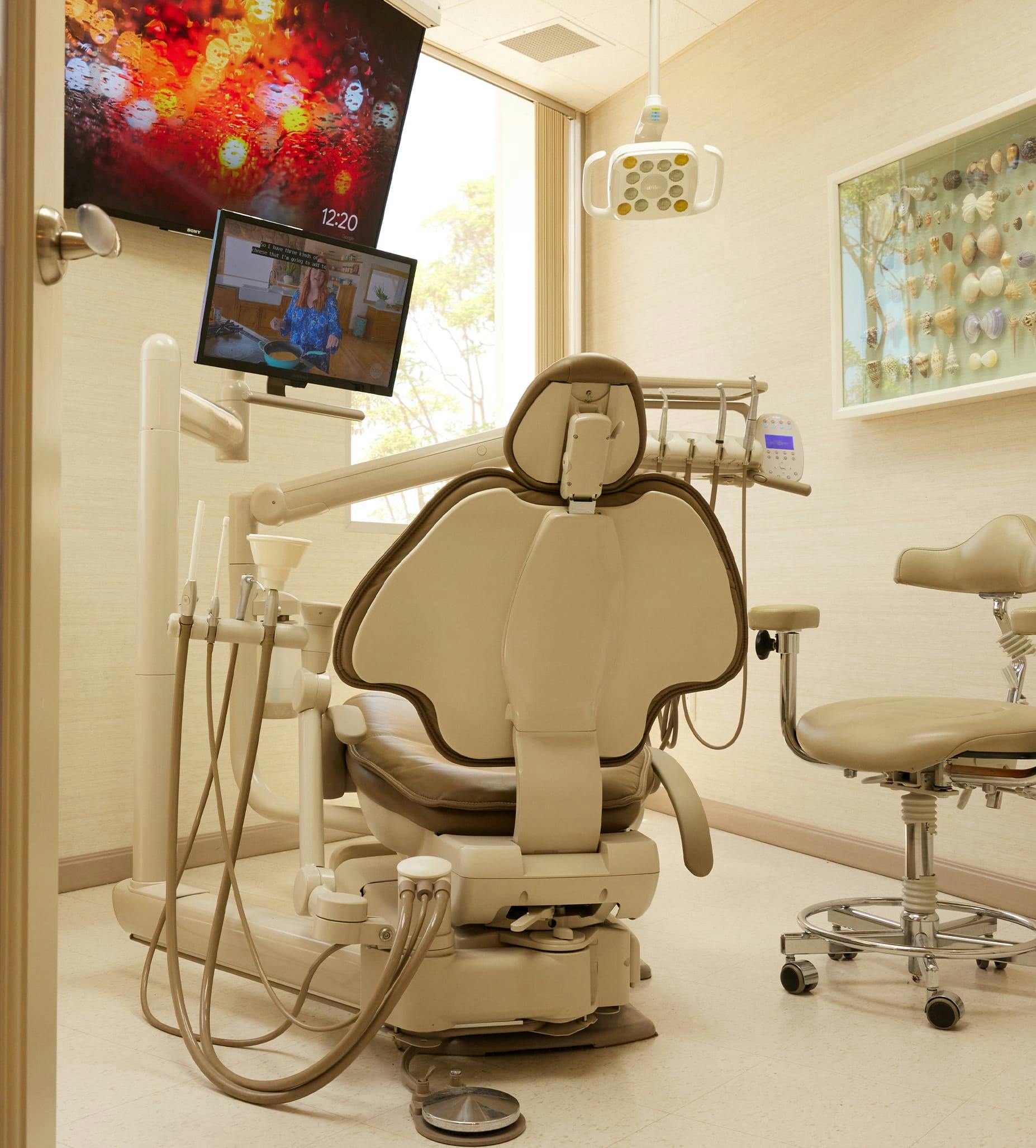Prevention today is easier than correction tomorrow.
After your visit
Maintaining healthy habits at home is the best way to ensure a long and healthy life for your teeth. Teeth should be brushed after meals or at least twice per day, and flossed each night before bed. If you grind your teeth at night, it is important to use your night guard to allay wear and tear.



